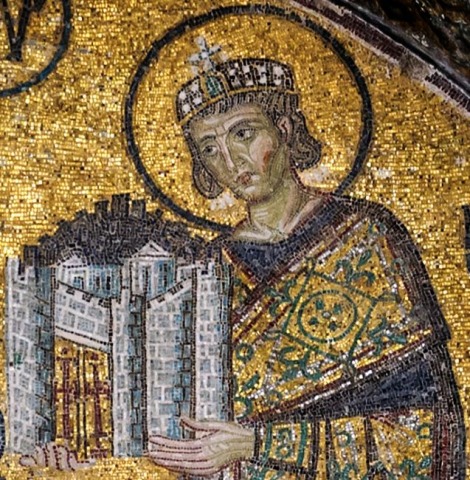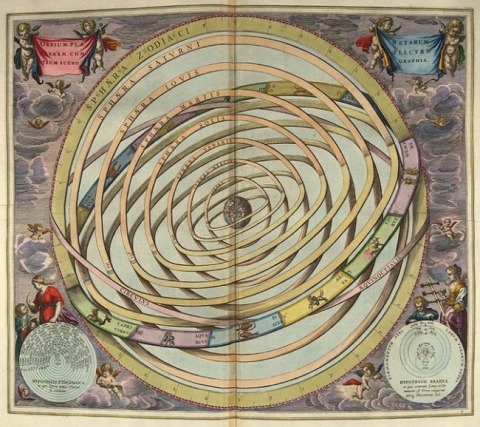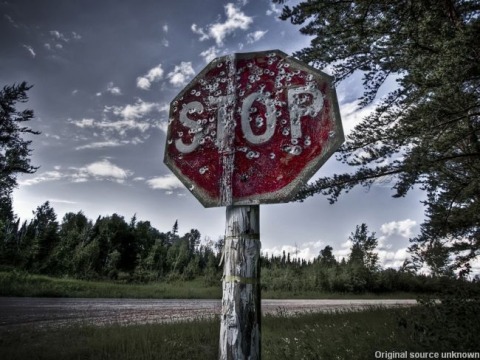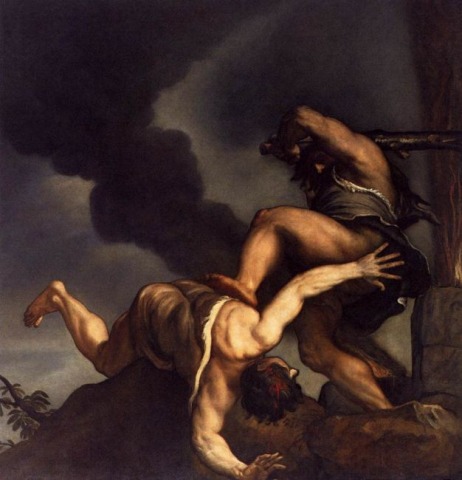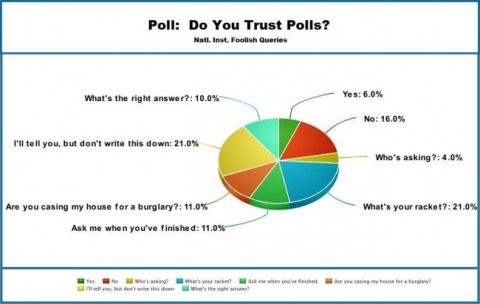
For all sorts of reasons, opinion polls mean far less than we think.
Some people don’t trust promises of anonymity, and either refuse to participate, or tell the pollsters what they think they want to hear. This is especially true in an era when some opinions are subject to harsh penalties. You can lose your job.
